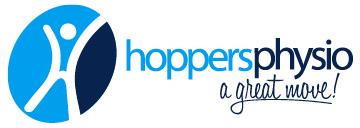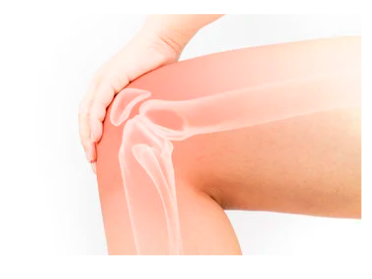What is Osgood-Schlatter disease?
Osgood-Schlatter disease is probably a condition you heard about growing up, whether you had it or your friends had it. Osgood-Schlatter disease is essentially an overuse injury of the knee that is common in growing children and adolescents. Repetitive activity, particularly jumping activity can cause swelling and irritation over the growth plate at the top of the shin.
What are some causes of Osgood-Schlatter’s disease?
Osgood-Schlatter disease is caused by an imbalance of growth between the bones, muscles and Tendons. This causes the tendons to pull on the shin bone at the growth plate causing swelling and irritation.
What are the risk factors for developing this?
-
Children having active growth spurts (ages 9-14)
-
Children who have a sudden increase in activity
-
Children who participate in sports with high levels of jumping and running
How does a physiotherapist diagnose Osgood-Schlatter?
Signs of Osgood-Schlatter disease include:
-
Pain and swelling below the kneecap
-
Occasional palpable mass at the base of the kneecap
What are the signs and symptoms?
-
Pain aggravated by activity – particularly running and jumping
-
Pain aggravated by up/down stairs
Usually having known risk factors, signs and symptoms of Osgood-Schlatter is enough for diagnosis however x-ray can be ordered to confirm
How do we treat Osgood-Schlatter disease?
Treatment consists of using ice and methods to reduce inflammation for acute pain management.
Physiotherapists will help to modify activity to ensure your child can still participate to the best of their abilities without causing further injury and will help with long-term pain management.
Physiotherapists will also provide exercises to target strengthening weak muscles in the area and lengthening tight muscles in the area. They can also provide various bracing and taping methods to offload the area.
If you are concerned if your child has Osgood-Schlatter’s, book an appointment now with one of our physiotherapists.

